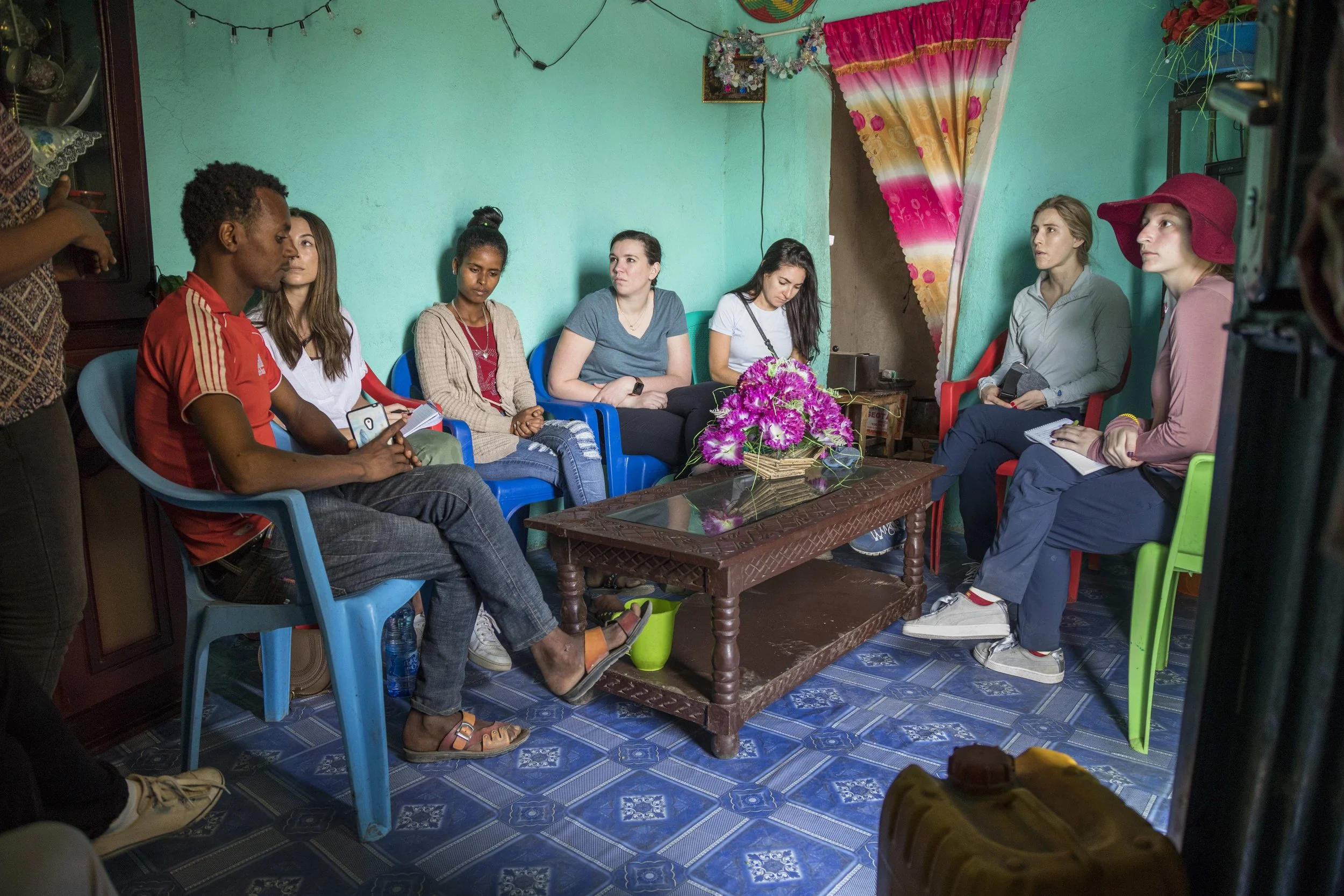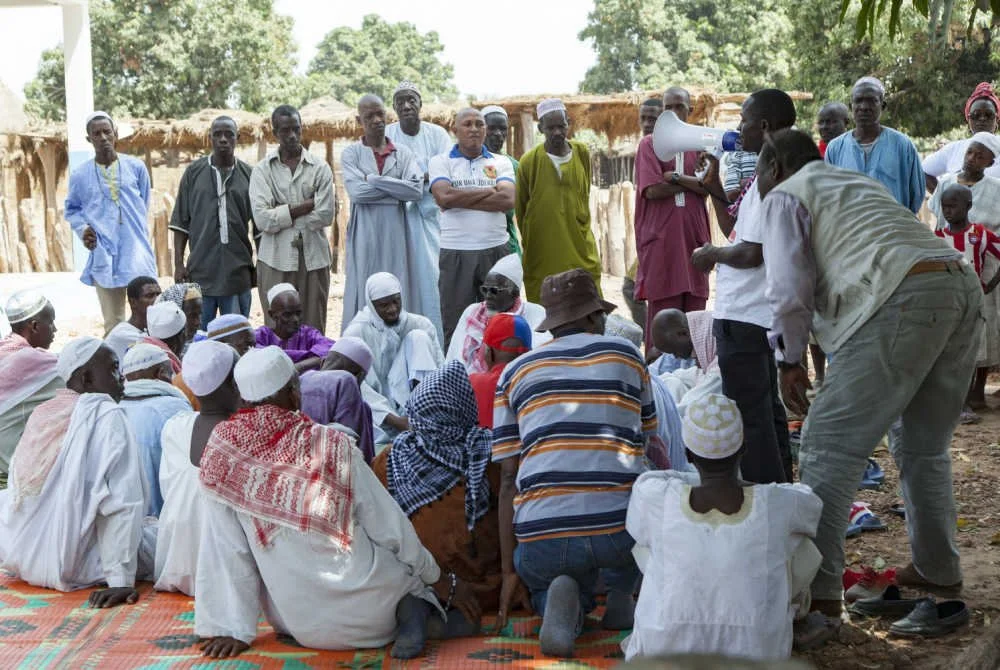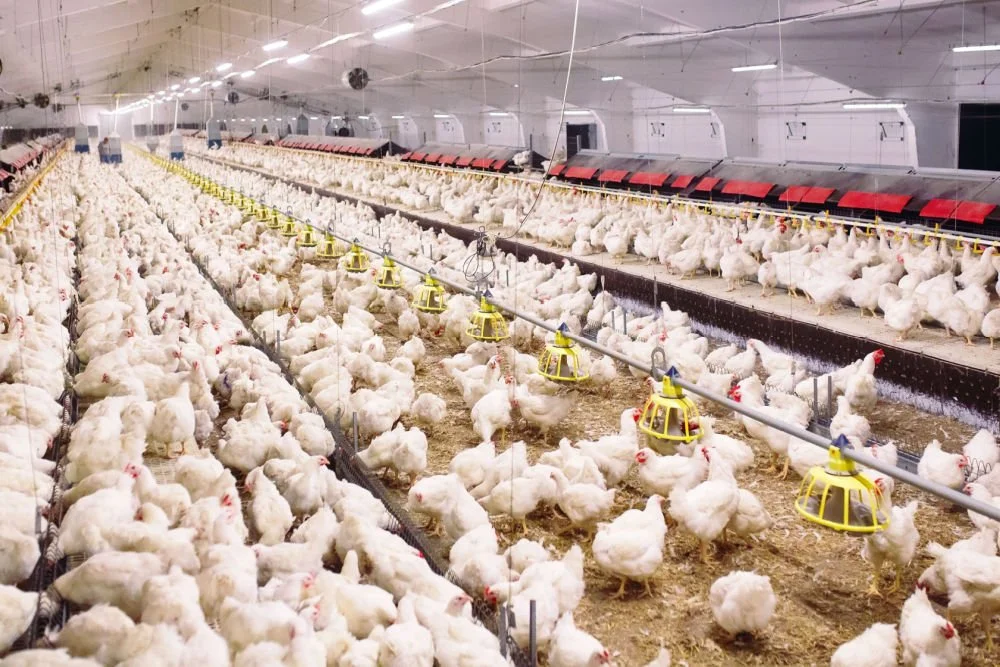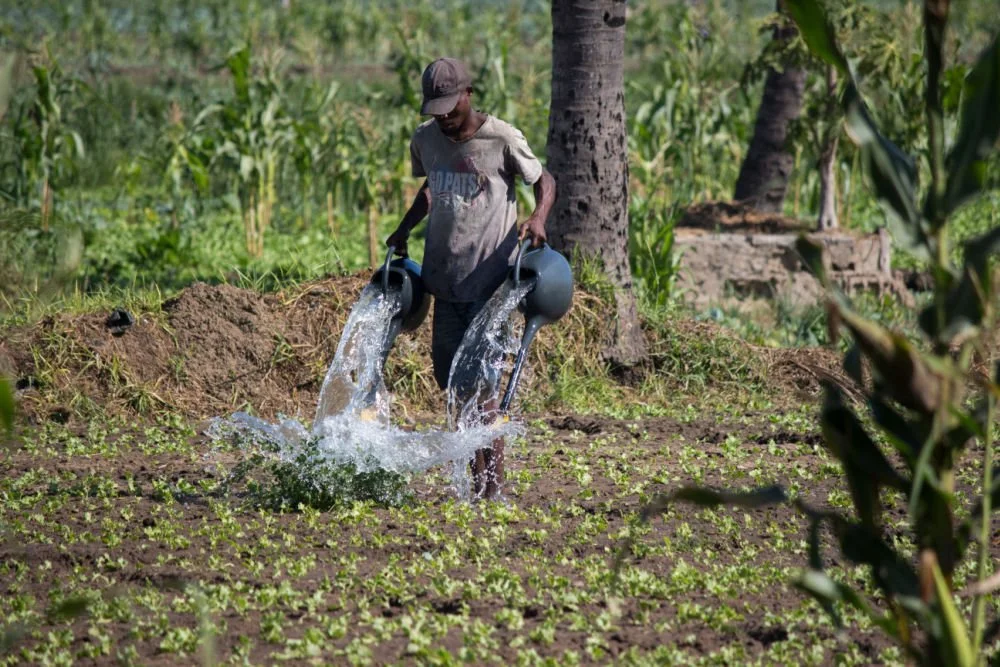Behind a New Global Push for Clean Air, a Growing Funder Focus on Health and the Environment
/A bicyclist in Beijing. Photo: testing/shutterstock
What kills 4.2 million people around the globe each year—more than HIV, tuberculosis and malaria combined? The answer, outdoor air pollution, may be surprising. But an alarming 90 percent of people on the planet are now breathing unhealthy air. And without active intervention, that number will double by 2050.
Given the risks, the real surprise may be that the issue hasn’t gotten its due before now. That changed this week with the launch of a new philanthropic initiative at the United Nations Climate Change Summit. At its center is the Clean Air Fund, a U.K.-based think tank and philanthropic foundation that focuses on air quality and climate change. It is the first pooled fund to approach solutions from both health and climate perspectives, and will work to share best practices and direct resources where they can most effectively be scaled and replicated.
Clean air is a basic human right. But it’s also an equity issue. Only 10 percent of deaths occur in high-income countries, and people living in poverty are uniformly more likely to live in highly polluted areas like crowded cities and industrial hubs with choked highways.
That’s been the case since industrialization. So why is the issue only rising to the top now? U.N. Secretary-General António Guterres says it’s a matter of political will. People are waking up to the long-term threat of climate change, now that storms and heat patterns are impacting their own lives and businesses. Jane Burston, the Clean Air Fund’s managing director, thinks philanthropy’s role tackling outdoor air pollution will be critical to “saving millions of lives, while at the same time averting climate change and strengthening economies.”
A Growing Funder Focus
The Clean Air Fund released a “Clearing the Air” report that tracks trends in global philanthropic funding of outdoor air quality over the past four years. Despite a dearth of historical support for the issue, data shows a marked upswing in both funding and the number of grantees within that timeframe. Grantmaking has risen 53 percent a year, from $8.9 million in 2015 to $29.6 million in 2018. And the number of organizations receiving support has tripled from 46 to 123.
Three quarters of that funding has taken place in just three countries: India, China and the U.S., with China receiving the lion’s share at 41 percent. The report’s findings encourage funders to increase the number of countries in which they’re addressing environmental justice. Burston sees particularly strong opportunities in Africa, Latin America and areas of Asia beyond China. She specifically points to Africa, because it’s experiencing the quickest urbanization, a sea change that will allow funders to nip problems in the bud by providing support as decisions on infrastructure are being made.
Even before its launch, the Clean Air Fund was able to raise more than $50 million from a range of foundations working in health, climate, children and mobility—child welfare is a common thread. Half the world’s citizens live in cities, where pollutants are highest. Three hundred thousand of them are children under five.
Who’s on Board?
The funders behind the initiative so far include the IKEA Foundation, Children’s Investment Fund Foundation, Bernard van Leer Foundation, Oak Foundation, Wellcome Trust, Guy’s and St. Thomas’ Charity, and the FIA Foundation. Missing from the list are two major global health funders: Bloomberg Philanthropies and the Gates Foundation. Still, many of those funders that are involved bring deep deep pockets and a long track record of funding in related areas.
Wellcome is the second-largest foundation in the world. It has an exclusive focus on health, but has become increasingly interested in how environmental factors affect health. In 2015, the foundation launched a $116 million, five-year initiative, to explore this nexus. “The health of the global population and the planet are inextricably linked, but there is a poor ecological fit between what we are asking of the planet and its resilience,” said Wellcome. “If the complex natural systems we rely on for clean air, fresh water, fertile soil, biodiversity and a stable climate are threatened, so too is our health.” (See more on this work here.)
IKEA, as previously reported in Inside Philanthropy, is a leader among corporate foundations on the issue of fighting climate change, with plans to invest $457 million through 2020, and another $342 million between then and 2023. Its commitment aligns with its goals of creating a better everyday life for families, and fighting and managing climate change. Per Heggenes, CEO of the IKEA Foundation, says it supports the Clean Air Fund’s goals of improving air quality and accelerating climate action, noting that while air pollution affects everyone’s health, it especially affects young children.
The Children’s Investment Fund Foundation, which says it’s “the world’s largest philanthropy that focuses specifically on improving children’s lives,” is another top foundation that’s increasingly focused on environmental issues and human well-being. Last year, CIFF and its co-founder Sir Christopher Hohn pledged $500 million to combat climate change, which the foundation calls “the single biggest threat to the future of today’s children.”
But CIFF is also worried about pollution. Kate Hampton, the foundation’s CEO, says, “Air pollution impacts all of us, but hurts children the most,” setting them up for a “lifetime dogged by respiratory, cardiac, and even developmental issues” as a result of exposure. CIFF invested $20 million in the fund over four years, and expects its support to help the fund reach “a wider ecosystem of funders, researchers and experts” to solve the crisis.
Vulnerable children are also behind the Bernard van Leer Foundation’s decision to invest in the fund. The foundation made the first environmental investment in its 50-year history due to clear evidence that “breathing dirty air doesn’t support a good start in life” for babies and toddlers, who have “their whole lives to suffer the consequences.”
The Clean Air Fund’s current fundraising goal is $100 million. Certainly, it will take many times that over many years to effect real change. But the political will to address worsening air quality is growing, along with an understanding of the urgency of the issue for forward-thinking funders.
Related:







































